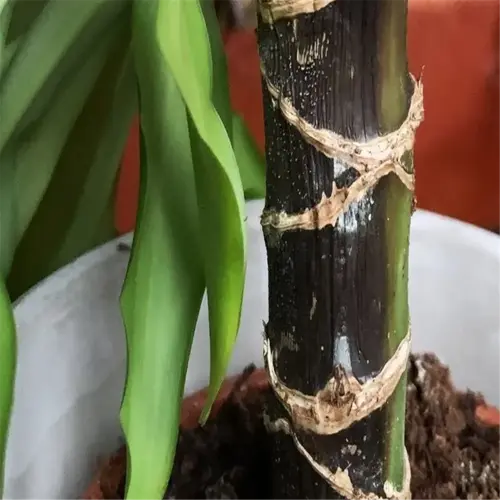Is commercial fertilizer recommended for onions?

Written by
Tina Carter
Reviewed by
Prof. Charles Hartman, Ph.D.Onions are nutrient-demanding crops that require exact nutrition to develop healthy bulbs. I destroyed a crop of onions once with too much nitrogen - I had giant leafy tops but only marble-sized bulbs underneath. Now, I apply 10-10-10 fertilizer at planting and then switch to 0-10-10 when the bulbs start to swell. This provides a nutrient balance for plant growth and maintains quality during storage.
Commercial Formulas
- 10-10-10 at 1 cup per 10 sq ft (0.45 kg/9.3 m²) pre-planting
- 0-10-10 applied 6 weeks after planting for bulbing
- Stop all nitrogen when necks soften
Timing Matters
- Test soil before initial application
- Side-dress 3 inches (7.6 cm) from plants
- Water deeply post-application to prevent root burn
Organic Alternatives
- Fish emulsion every 2 weeks (dilute 1:4 ratio)
- Compost tea boosts microbial activity
- Worm castings mixed into top 3 inches (7.6 cm) of soil
In my experience, over-fertilizing leads to more issues than a lack of feeding. My soil tests indicated excess phosphorus which resulted from using the same fertilizers time and again. It made zinc absorption unavailable for the plants. I now take soil tests every third year, and I rotate between the types of fertilizers that I use. Container onions require much of the fertilizer in half-strength doses or the space they are in will have too much salt build-up.
Approaches involving organic products and methods depend on your patience but will pay you back in flavor! My adopted compost tea program (36-hour brewing times) led to a 15% increase in bulb size, as compared to the synthetic options. Crop rotation should be continued to maintain soil health as part of your organic regimen. Make sure to always water in fertilizers completely, as dry granules can burn onion roots.
Read the full article: When to Plant Onions: Expert Guide for Perfect Bulbs

